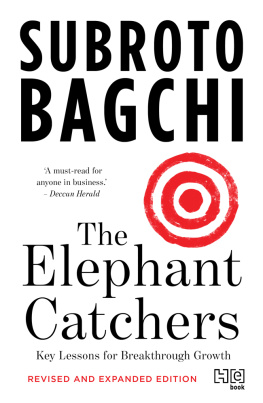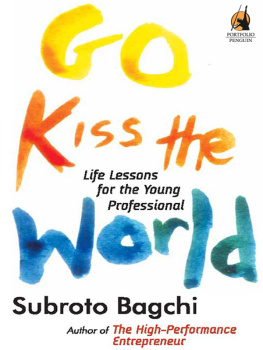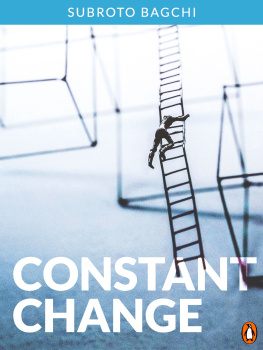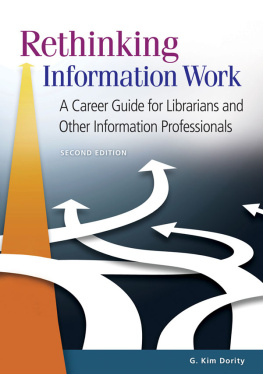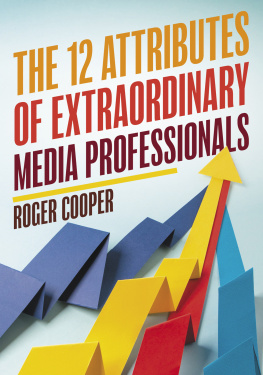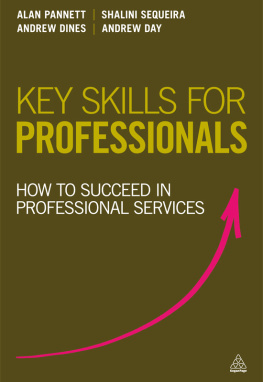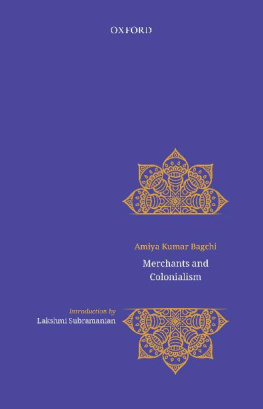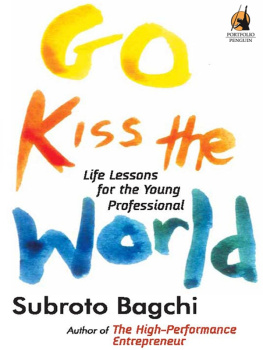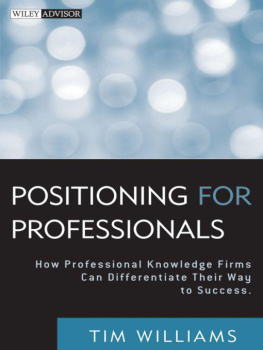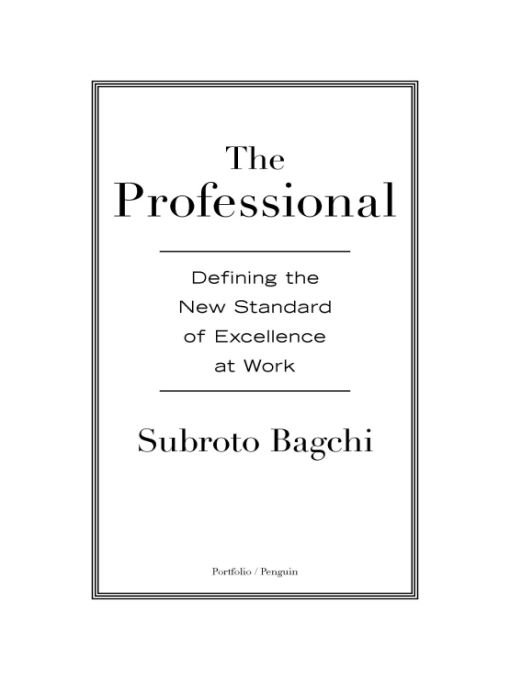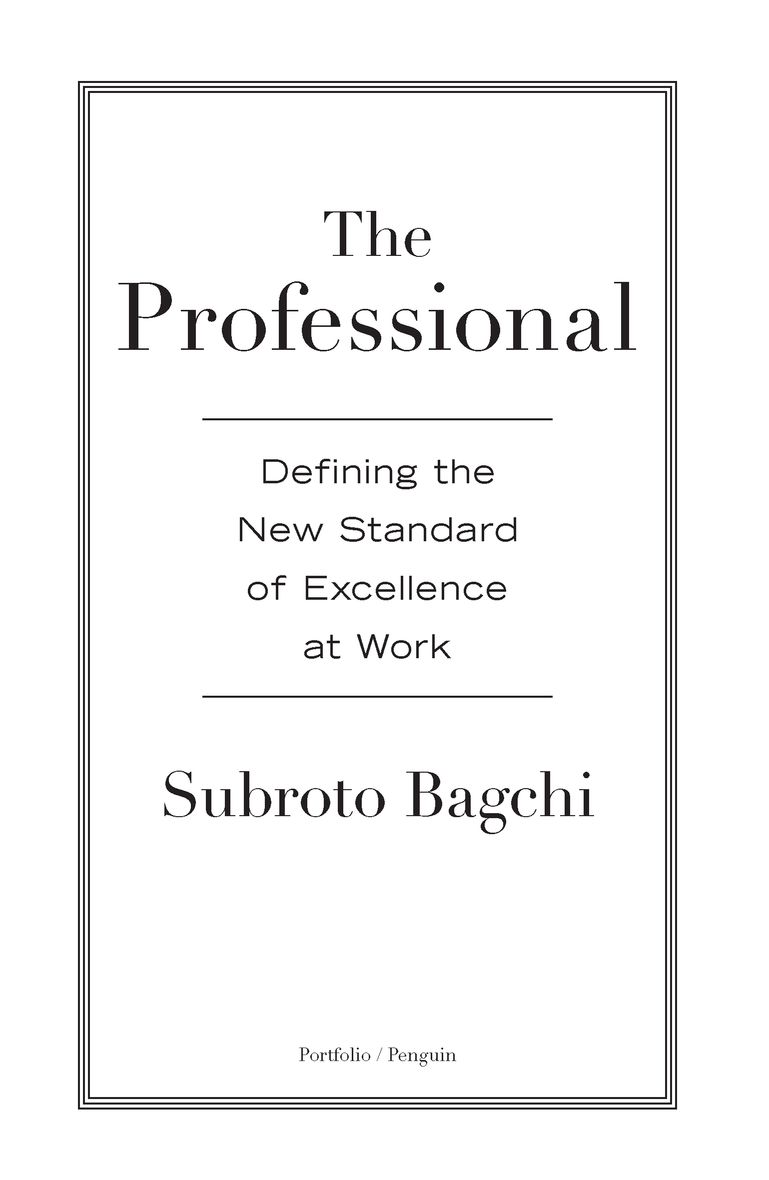Table of Contents
To my daughters, Neha and Niti
Introduction
Some fifteen miles from central Philadelphia, at the northern edge of the city, stands the Cornwells Heights train station. It has a large parking lot, and on most weekdays, hundreds of commuters park their cars there before taking the twenty-minute train ride to Center City, the name the residents of the City of Brotherly Love have given to the downtown area.
Since the parking lot is some distance away from the platforms, the Southeastern Pennsylvania Transportation Authority (SEPTA), which operates Philadelphias regional trains, runs a shuttle bus between the station and the parking lot. The drivers who operate these buses have an excruciatingly boring job. Hour after hour, they wait for the trains to arrive and then drive the passengers from the station to the parking lot, or the other way around, and then again wait for the next train. As they sit slumped in their seats, most drivers look as though they would do anything to escape the tedium. Curtis Perrin is an exception.
Perrins demeanor and behavior reflect anything but boredom. Each time a passenger enters his bus, he calls out in his gritty, hearty voice: Hey there, buddy! How are you today? If an elderly woman enters, Curtis says, Hello, young lady! Even more remarkable than his wide smile and booming voice is his memory: Curtis remembers the cars that his passengers drive. While other drivers drive along a preassigned routestopping at Parking Lots A, B, C, and so on, Curtis usually drives each passenger to his or her own car. As the exhausted passengers alight from the bus, he calls out again, Have a great evening, buddy! or Happy Friday, sir. Have a great weekend. Curtiss way has endeared him to countless passengers; they sometimes bring him gifts when returning from their vacation. Some people bring him brownies and cakes on other occasions.
Curtis Perrin is an outstanding professional first and a bus driver second. His professionalism makes him view people as individual customers he serves and not as an anonymous mass of faceless commuters. On their part, people respond and react to Curtiss warmth; they dont see him as an invisible function but as someone with affective regard for his work. People like Perrin make a real difference to their work and to the people they serve. Curtis Perrin is a professional.
The word profession is defined by Merriam-Webster as a calling requiring specialized knowledge and often long and intensive academic preparation. The same dictionary defines a professional as participating for gain or livelihood in an activity or field of endeavor often engaged in by amateurs.
Although this is the standard definition, I have found throughout my career that the term professional often seems to imply different things to different people. As someone in the workforce, you probably have your own opinions about what makes a person a professional. Perhaps you adhere strictly to Websters definition and consider anyone who makes money doing what they do to be a professionalwhether he or she is a plumber, a hedge fund manager, or a writer. Or maybe you have a stricter definition, one that requires people to be incredibly good at what they do in order to earn the labela plumber who starts his own business, a hedge fund manager who earns millions by bringing in clients and managing their investments, a writer who has been published in every major newspaper or magazine in the country.
We also harbor notions about how professionals conduct themselvesthey dress a certain way, avoid gossip, or refuse to discuss private matters with their colleagues unless it is relevant to their ability to do their job. Even in todays modern and relatively relaxed work environment, I often hear the term professional applied to people who adhere to these standards.
But after almost thirty-five years of life as a professional, I have found that, in the new era of the global economy, where every persons actions have the potential to have a global impactwhether good or badwe must redefine what it means to be a true professional.
The word professional has been around for a long time, and its origins are even older. Its root dates back to A.D. 11751225 to the Latin word professio, which means an oath taken upon entering a religious order.
The reason we need to appreciate the origin of the term is that we live amid scores of qualified engineers, doctors, nurses, architects, lawyers, journalists, sportspersons and accountants who believe that being a professional is merely a means of earning a livelihood, just another way to get ahead in life, to seek and create further material comfort and eventually enjoy retirement. For such people, a professional is someone who gets an educational qualification to land a job, then a coveted assignment or posting, followed by a bunch of accelerated increments and promotions.
But in my view, a professional, especially now, is something more. Today, its not enough for someone to just be able to do a job in order to qualify for this title; he or she not only must be able to accept responsibility for their own work and actions but also must understand how that work and those actions will translate to the rest of the world. Although every country, industry and company has its own code of conduct, there is no institution large enough or powerful enough to make sure each of us is behaving in the best way possible. Today, more than ever before, we must embrace the traditional meaning of the word professional and take a personal oath, promising we will do our best; we will bring our knowledge, skills and attitude to make a difference to others and to regulate ourselves.
And this does not just apply to thought leaders or men and women in suits. You could be a software engineer, a cosmetologist, an intellectual property lawyer or, for that matter, a publicist. For some of youthe doctors, lawyers and journalists, for instanceyour profession has existed for a long time and therefore you probably already operate under a set of guidelines that has been long established. But for others, your profession may not have existed a hundred years ago. Every decade is throwing up brand-new professions the world over. On one hand, professionals in their respective fields are expected to be experts in their own disciplines, to understand their nuances and, at the same time, be able to work in tandem with their counterparts in other professions. But most important, they must be able to work across borders.
There has been an explosion in the world of professions, and yet there is still no system in place that can train people how to be true professionals. No matter how much education or training you have, there is no instruction manual that tells you how to approach every problem, communicate with different people and respond to change. As a result, most of us simply bumble our way into the critical, multifaceted understanding that separates a professionally qualified, technically competent individual from a handful of true professionals.
But there is another challenge to being a professional today. This is the fact that we work globally. Even those of us who dont travel for work often have to communicate with those halfway around the world and, of course, our reliance on international trade means we can easily be affected by an event that occurs or begins abroad.
Consider Ishani Mohapatra, who studied chemistry and specialized in nonedible flavoring agents. She completed college in Mumbai, India, but today works as a fragrance development manager at a company called International Flavors & Fragrances Inc. in Utrecht, the Netherlands. She works as part of a globally dispersed team that helps create new detergent fragrances for one of her companys clients, Procter & Gamble.


